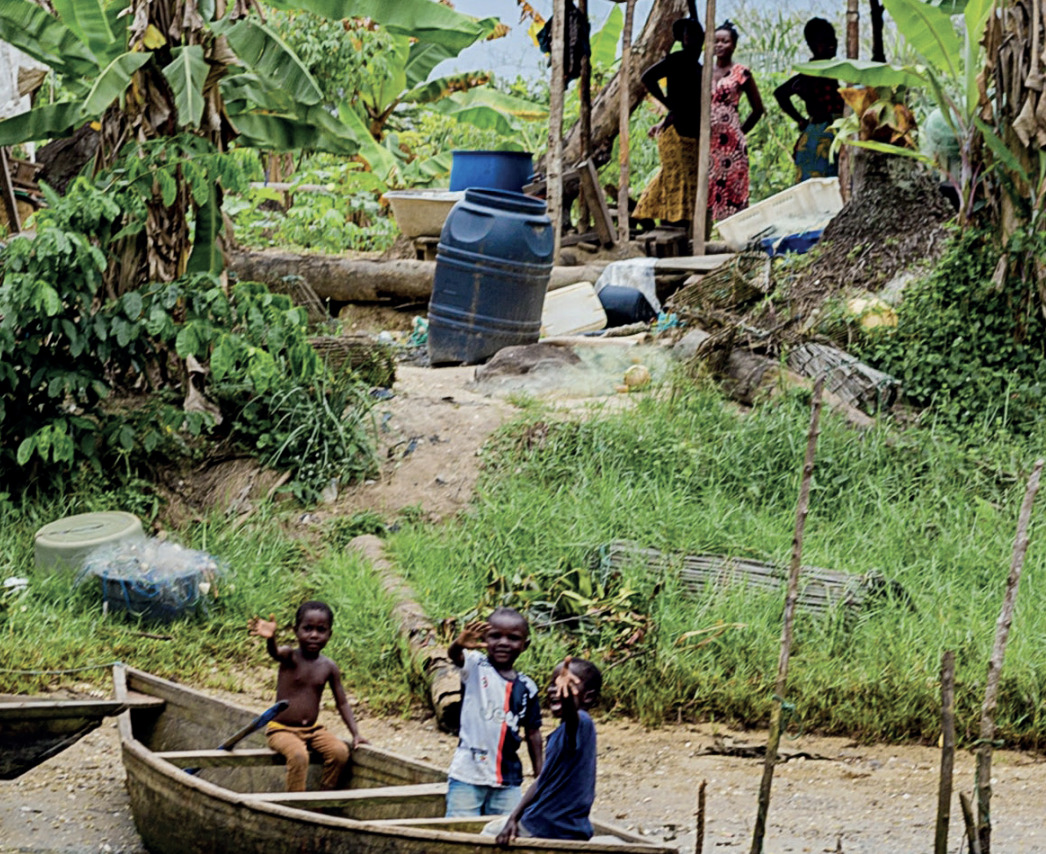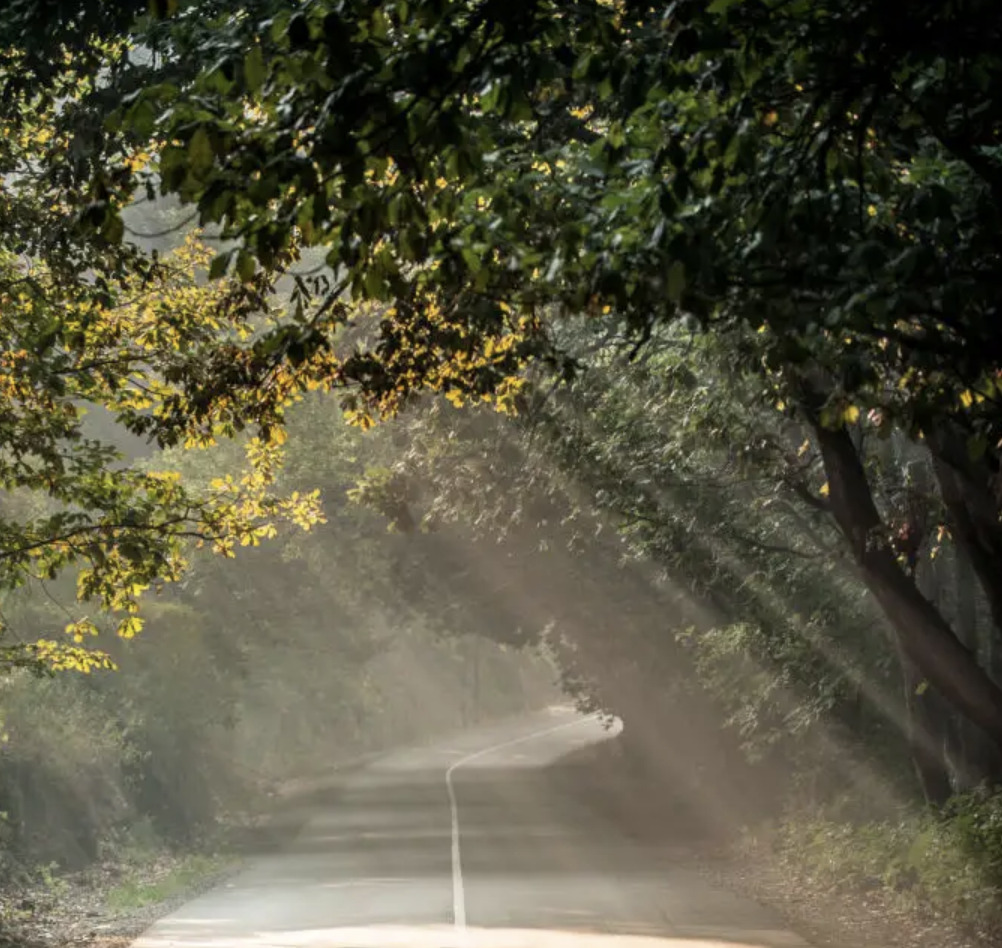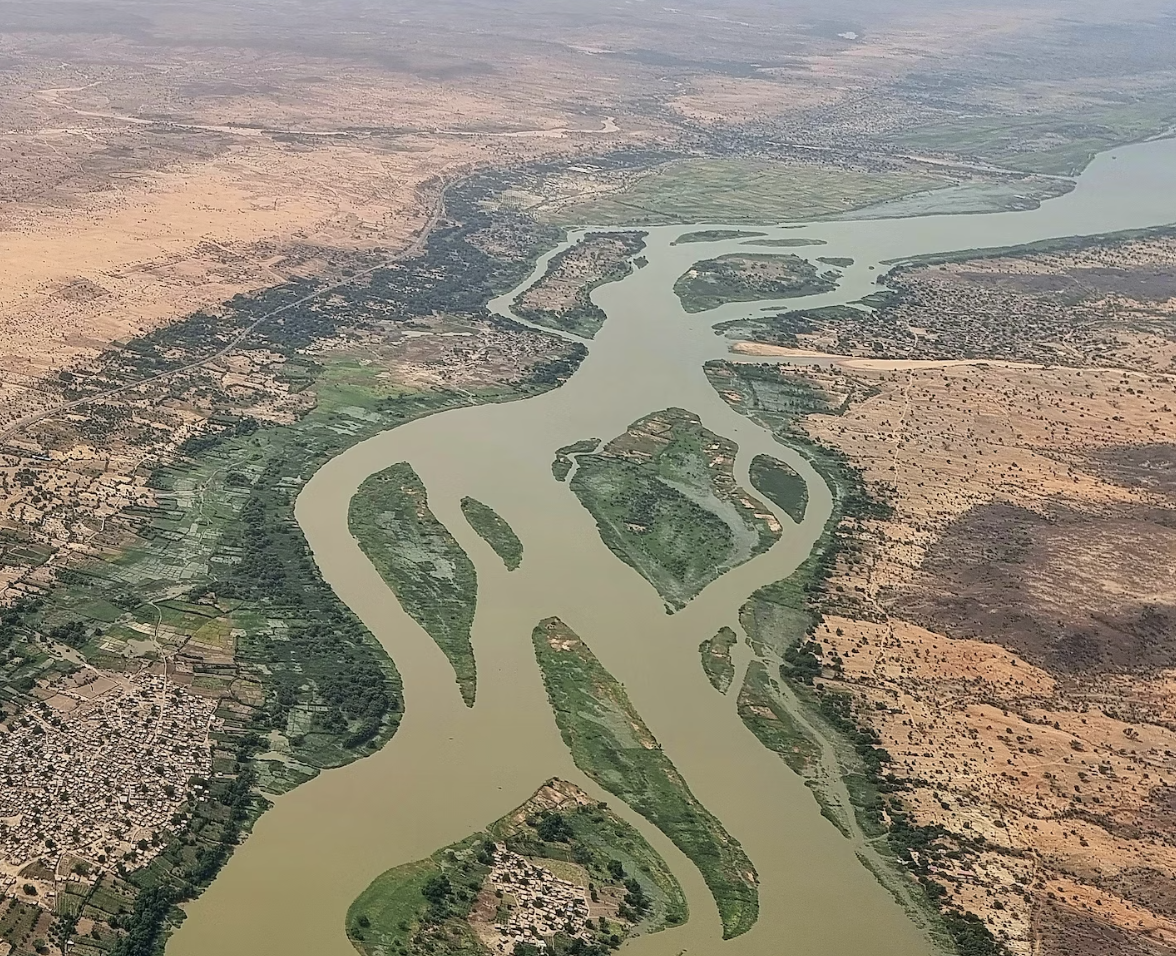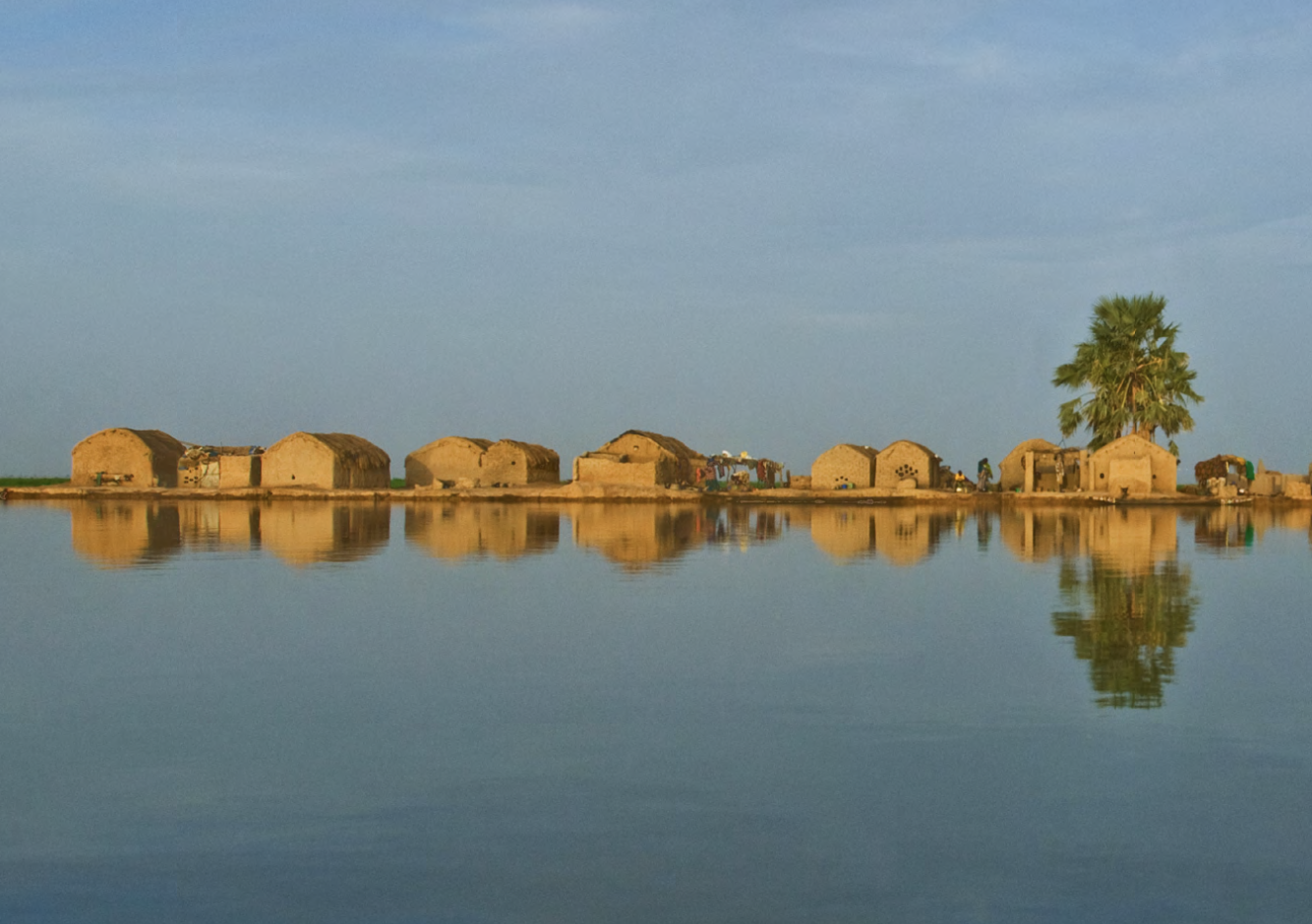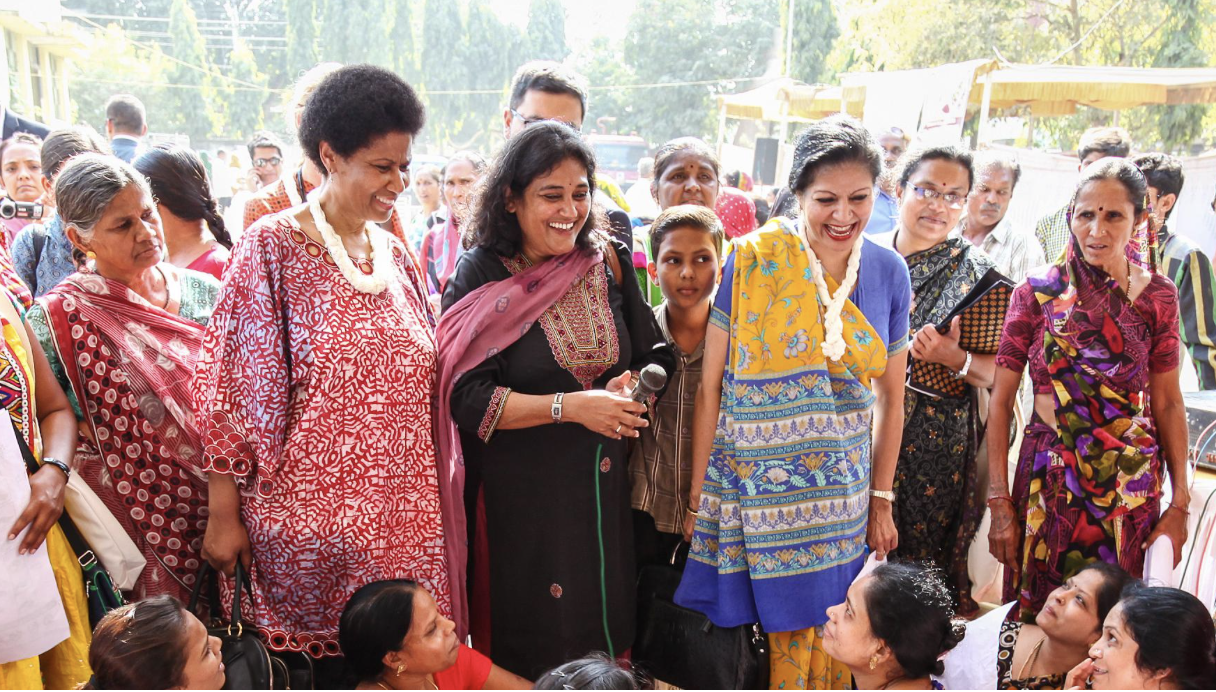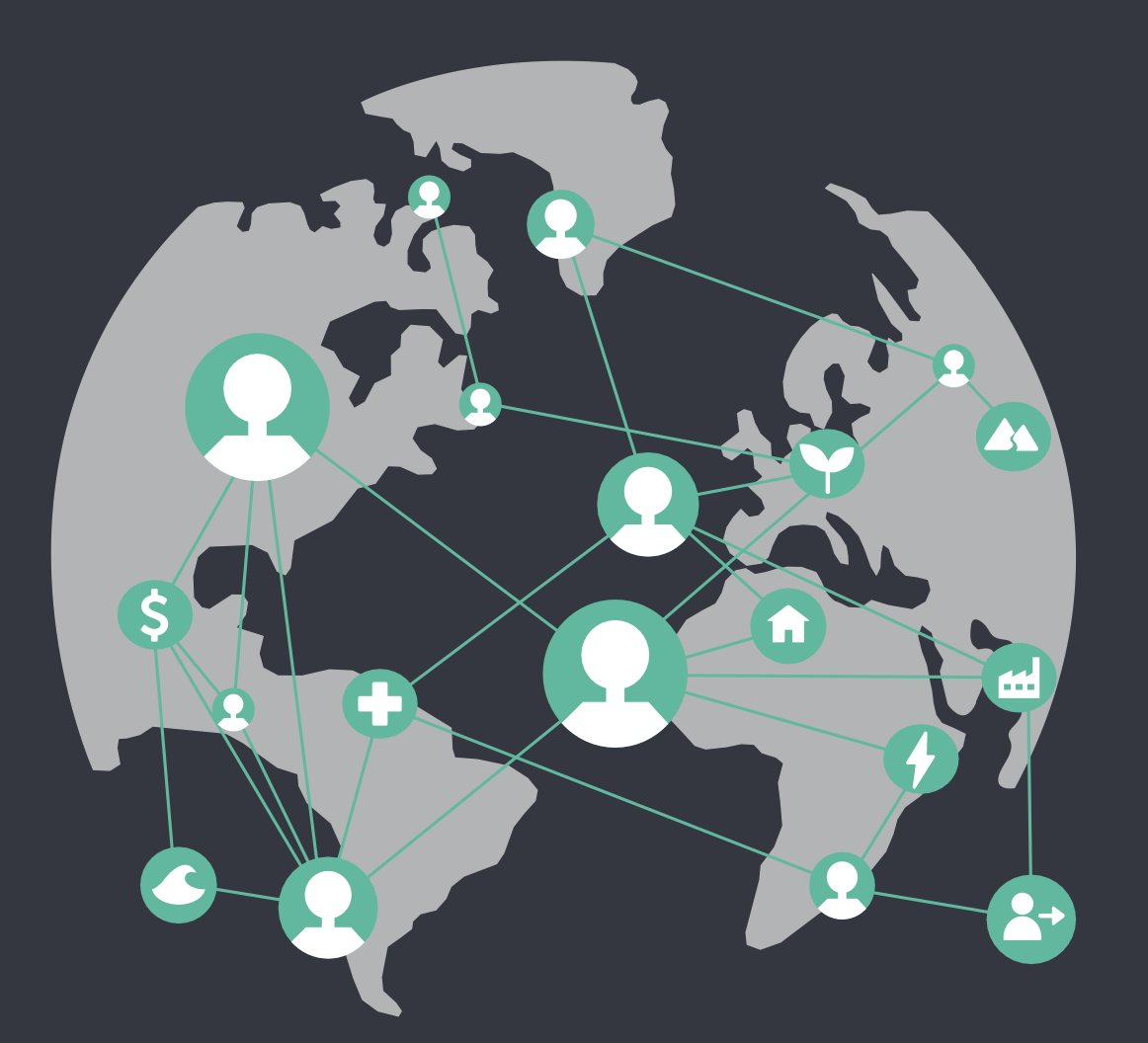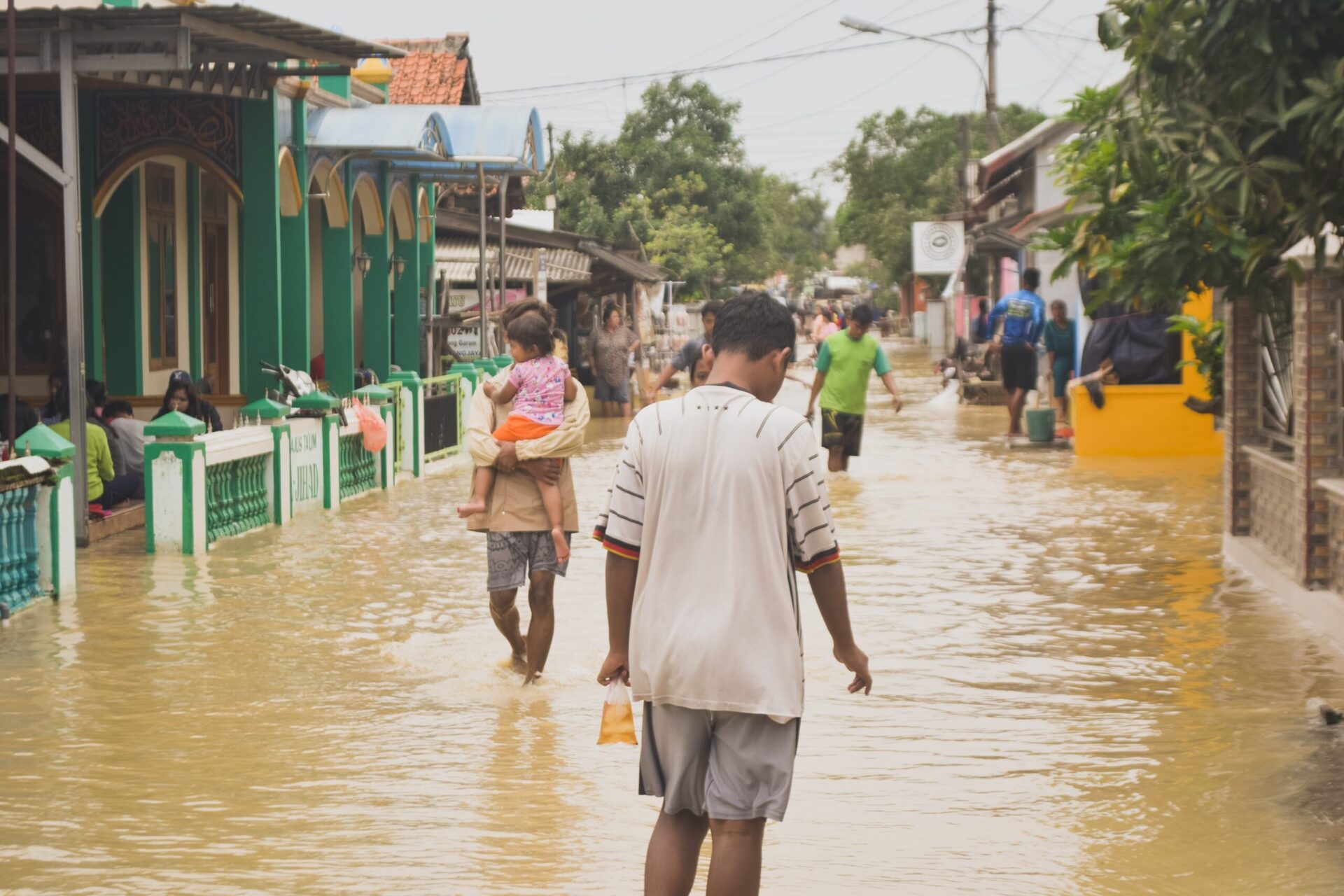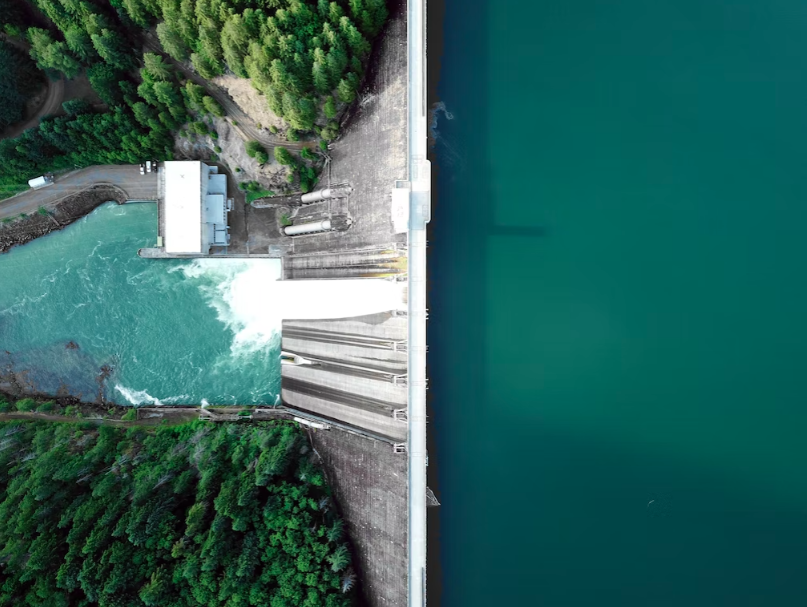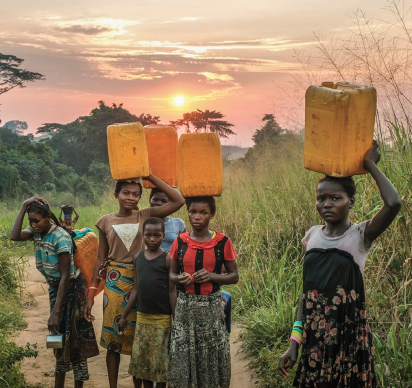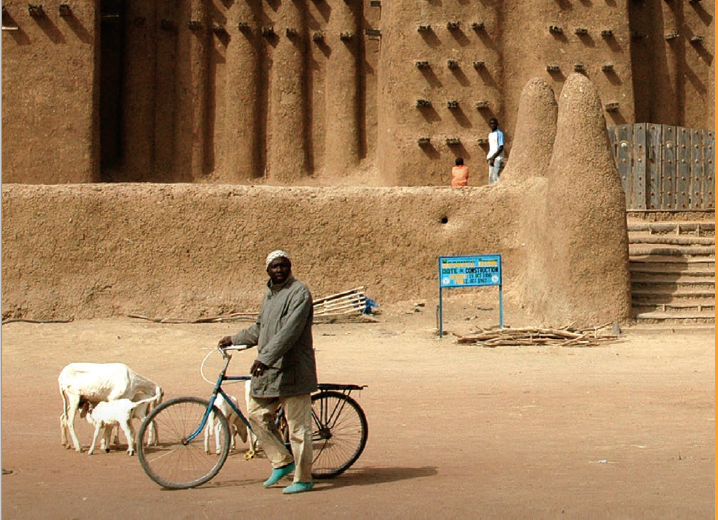ODI

ODI is an independent think tank with more than 230 staff, including researchers, communicators and specialist support staff. We provide high-quality research, policy advice, consultancy services and tailored training – bridging the gap between research and policy and using innovative communication to mobilise audiences.
As a registered charity, ODI is supported by grants and donations from foundations, non-governmental organisations, the private sector, governments, multilateral agencies and academia. You can find the full list of funders here.
Our mission
Our mission is to inspire and inform policy and practice which lead to the reduction of poverty, the alleviation of suffering and the achievement of sustainable livelihoods in developing countries.
We do this by locking together high quality applied research, practical policy advice, and policy-focused dissemination and debate.
We work with partners in the public and private sectors, in both developing and developed countries.
Our work
As well as 12 core research programmes, we also host a number of flagship projects and run the ODI Fellowship Scheme. Read more in our Annual Report 2015-2016.
This map shows some of the highlights from our work in 2015-2016.
Climate and Environment Programme
ODI’s Climate and Environment programme supports climate compatible development and poverty reduction through high quality research, analysis and debate. Our teams work to:
- improve the delivery of climate financeso that it serves the needs of poor people
- maximise the opportunities and minimise the risks of low carbon growth in developing countries
- increase the effectiveness of adaptation and resilience policies and actions across scales
- ensure natural resource management (forests, energy, food and water) balances development and climate goals while protecting the poor.
Our research builds upon extensive coverage of climate and development issues, which includes expertise on forestry, energy, water policy, biofuels, trade, resilience and adaptation to change, disaster risk management, low carbon competitiveness and public financial management. Current flagship projects include:
- Leading the Knowledge Manager consortium of the Building Resilience and Adaptation to Climate Extremes and Disasters (BRACED) programme
- Research and knowledge management leadership in the Climate and Development Knowledge Network
- Hosting the Climate Funds Update website
- Leading the internationally recognised research and civil society network REDDnet.
- Coordinating research on ACCRA to understand development intervention impacts on local adaptive capacity.
